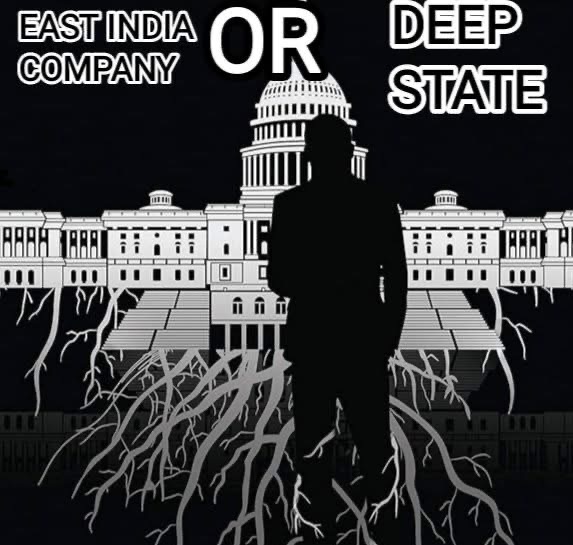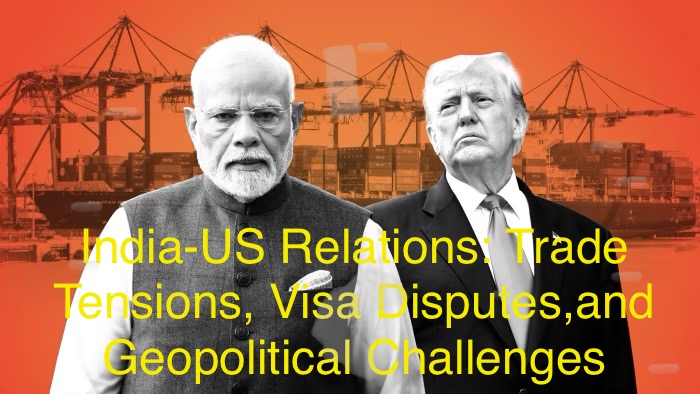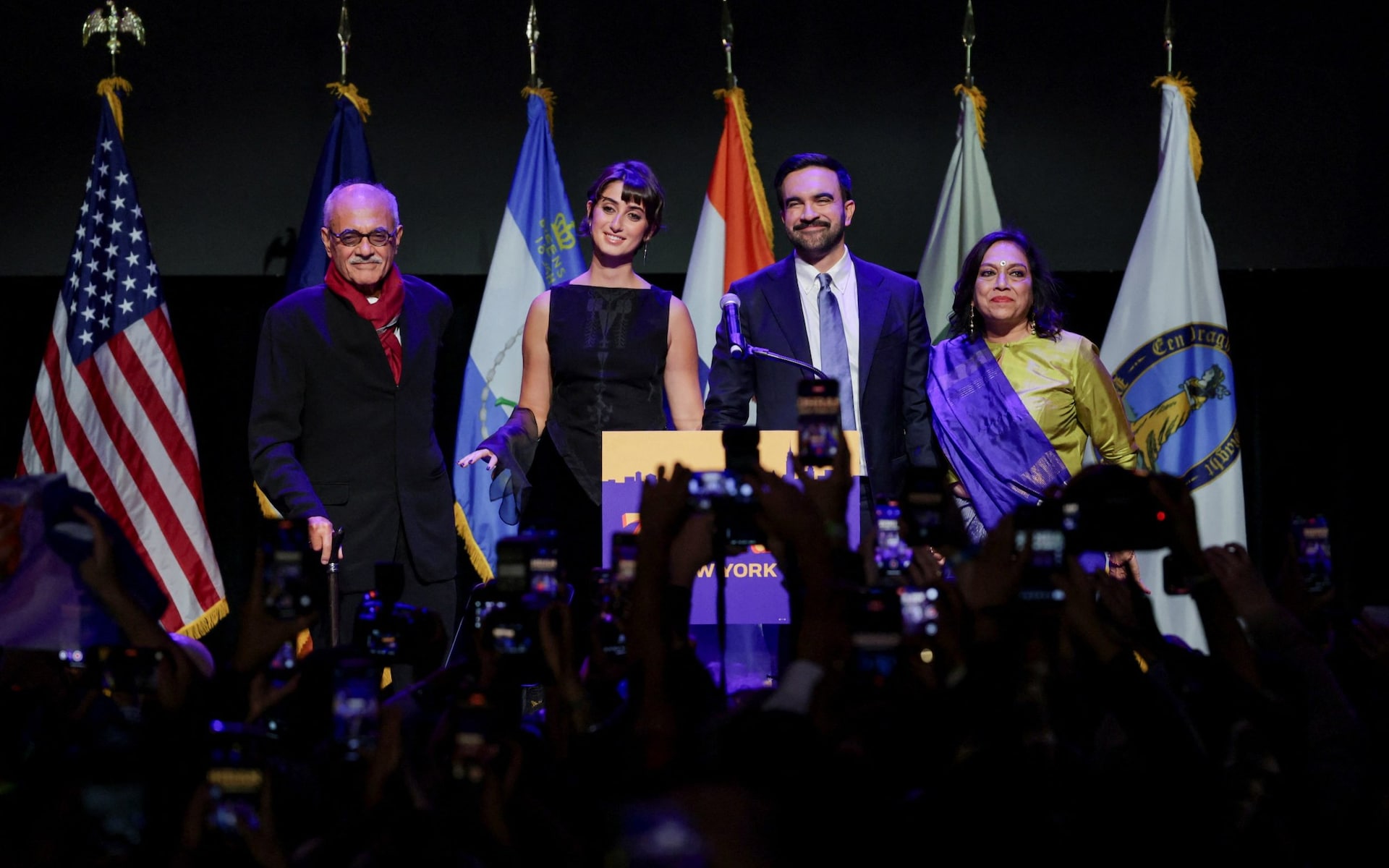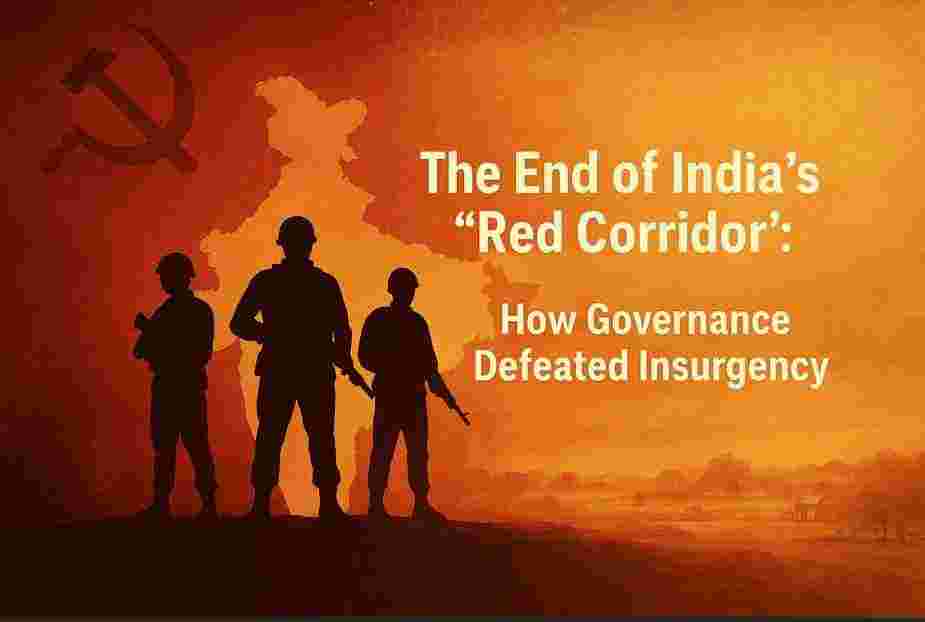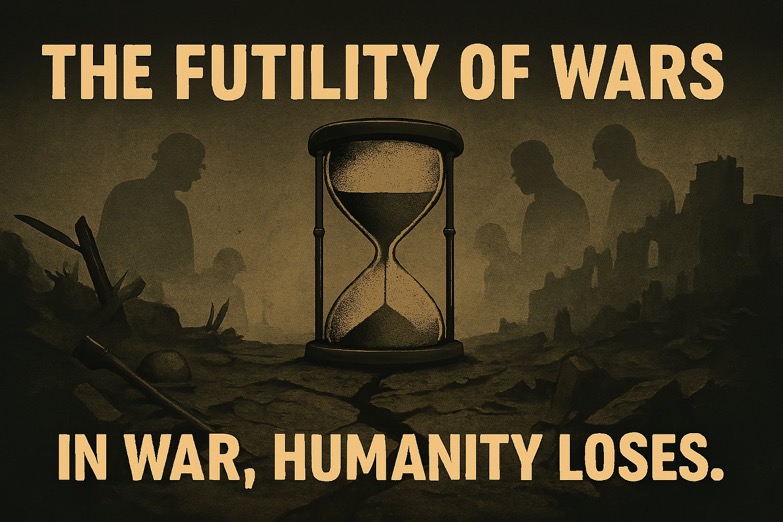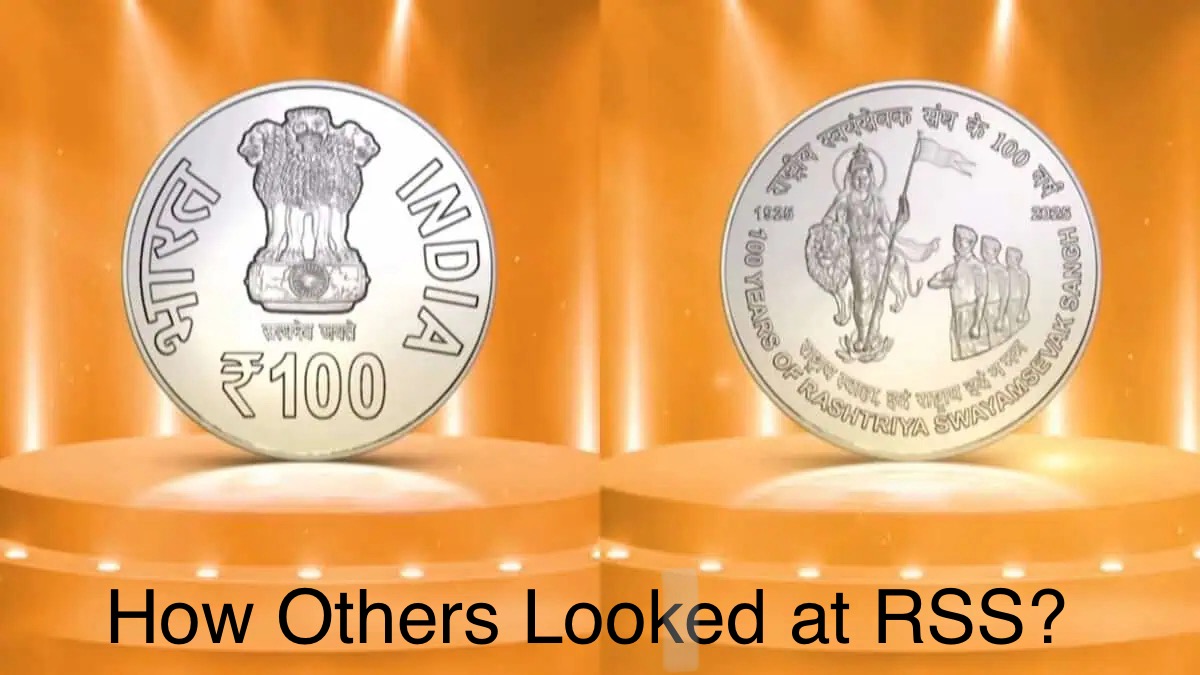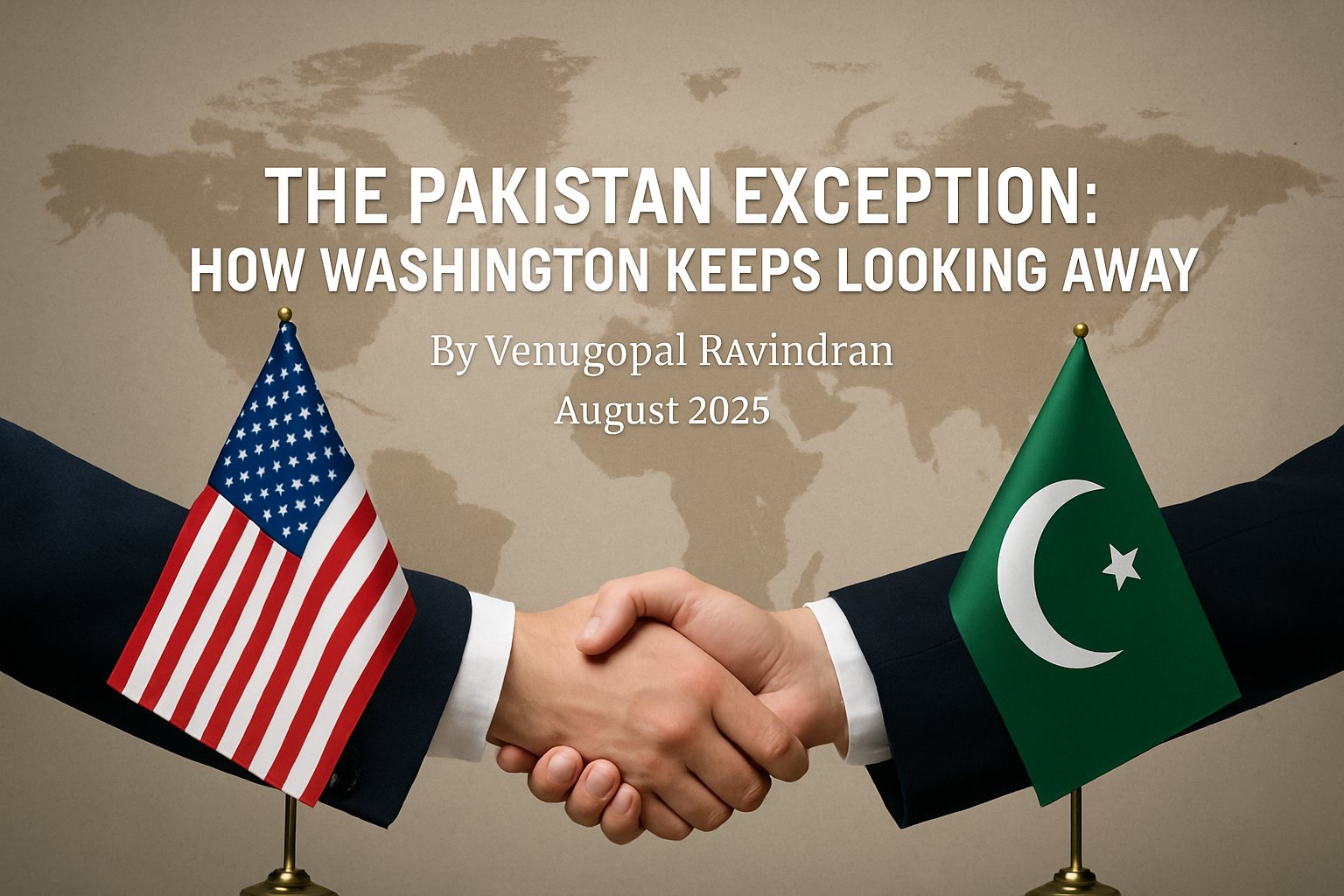
The Trump Asim Munir dinner has revived a question asked a million times both within the U.S. and beyond: Why won’t America call out Pakistan and why it never will? From Cold War bargains to post9/11 blind spots, Pakistan has repeatedly escaped U.S. scrutiny. The answer lies buried in decades of double games, dirty secrets, and a geopolitical codependency that Washington can’t seem to shake.
From Soviet era proxy wars to today’s global chessboard, Pakistan has mastered the art of staying indispensable to Washington, no matter who sits in the Oval Office. Whether it’s a Democrat preaching diplomacy or a Republican pounding the table on terrorism, U.S. policy toward Pakistan remains curiously forgiving. The question is: why?
Pakistan’s ability to dodge accountability isn’t accidentalit’s hardwired into Cold War era strategy. When the Soviet Union invaded Afghanistan in 1979, the U.S. needed a frontline state to channel arms, cash, and fighters to the mujahideen. Pakistan stepped in as the launchpad, and America funded the effort to the tune of billions often with little oversight. From Stinger missiles to covert CIA ops, Islamabad became indispensable, even as its powerful Inter-Services Intelligence (ISI) cultivated extremist groups that would later shake the world. The U.S. turned a blind eye as long as the Soviets kept bleeding.
But the roots go deeper. In 1971, during the India–Pakistan war, the U.S. didn’t just ignore the genocide in East Pakistan (now Bangladesh); it actively sided with the perpetrators. Under the Nixon administration, Henry Kissinger’s realpolitik led to clandestine support for Pakistan, despite intelligence confirming mass atrocities. The USS Enterprise was dispatched to the Bay of Bengal to intimidate India, while Washington attempted to leverage China to pressure New Delhi. This Cold War calculus enabled a military regime responsible for hundreds of thousands of deaths one of the darkest, least acknowledged chapters of American foreign policy. That legacy of selective outrage has never been reckoned with.
At the center of this alliance was General Zia ul Haq, Pakistan’s military dictator and Washington’s most trusted man in Islamabad. His mysterious death in 1988 in a plane explosion that also killed U.S. Ambassador Arnold Raphel and the head of American military aid remains an unsolved geopolitical puzzle. Investigators suspected chemical sabotage, but the list of culprits ranged from the CIA to KGB, Mossad, and even internal Pakistani actors. Despite losing top personnel, the U.S. never aggressively pursued the truth. Strategic silence, once again, triumphed over inconvenient questions.
Benazir Bhutto, Pakistan’s two time Prime Minister, was one of the few civilian leaders who dared to challenge this entrenched military security nexus. She pushed for nuclear transparency and reportedly showed willingness to cooperate with the U.S. in probing Dr. Abdul Qadeer Khan the architect of Pakistan’s nuclear program, and the lynchpin of a global black market network supplying nuclear secrets to Iran, Libya, and North Korea. This put her in direct conflict with Pakistan’s deep state. Before her assassination in 2007, Bhutto publicly named military and intelligence officials she believed were plotting against her. Though Al Qaeda was blamed, many believe she was eliminated for crossing too many red lines threatening the nuclear veil, engaging with the U.S., and trying to wrest civilian control from the generals. The U.S., as always, chose not to press hard. Pakistan’s vague denials were accepted, and business moved on.
After 9/11, Pakistan was once again front and center. Billions more in U.S. aid flowed in, this time in the name of counterterrorism. Yet while posing as an ally, Pakistan simultaneously harbored and abetted the Taliban and other extremists playing both sides in a deadly double game. Even when Osama bin Laden was found in 2011 living in Abbottabad practically next door to Pakistan’s elite military academy the U.S. stopped short of designating Pakistan a state sponsor of terrorism.
The justification was always the same: nuclear weapons, strategic geography, and growing Chinese influence made confrontation too risky. But the hypocrisy was staggering. While Iran, North Korea, and Libya faced crippling sanctions for nuclear activities, Pakistan whoseproliferation network had fueled all three faced nothing more than mild rebukes.
Even after the 2008 Mumbai attacks, which killed over 170 people including Americans, and which were traced back to Lashkar Taiba a group with known ISI ties Washingtontook no real punitive action. There were no sanctions, no designations, no isolations. Only more indulgence.
Though there’s no smoking gun proving U.S. involvement in General Pervez Musharraf’s political downfall, the signs of indirect influence are unmistakable. After 9/11, Musharraf became a key U.S. partner, receiving billions in aid. But by 2006–07, Washington was growing weary. His authoritarian drift especially the ouster of Chief Justice Iftikhar Chaudhry and the declaration of emergency clashedwith American goals of democratic legitimacy.
In response, the Bush administration quietly backed a power sharing deal between Musharraf and the returning Bhutto. Her assassination in December 2007 derailed that plan, but Musharraf was now politically isolated. The 2008 elections sealed his fate. Facing impeachment and stripped of U.S. backing, he resigned in August 2008. It wasn’t a direct regime change but Washington’s subtle withdrawal of support was decisive.
Imran Khan’s premiership marked a rare moment of divergence from Pakistan’s proWest playbook. He openly criticized U.S. drone strikes, questioned endless foreign entanglements, and even sought closer ties with Russia famously visiting Moscow on the very day Russia invaded Ukraine. That act, many believe may have crossed the reddest of red lines.
His government was soon destabilized, and allegations of U.S. meddling emerged, especially after the “cipher scandal” in which Khan claimed a U.S. official threatened consequences if he wasn’t removed. Though denied by Washington, the optics were damning. With Khan now imprisoned and a military backed government restored, the U.S. has returned to business as usual. Order has been restored but at the cost of Pakistan’s democratic aspirations.
Pakistan’s strategic immunity isn’t just about nukes or location. It’s also about the flow of money. Over 20 times, Pakistan has been bailed out by the IMF often with quiet U.S. pressure behind the scenes. These bailouts, like military aid, don’t uplift the people they sustain the power structure: the army, the debt fueled elite, and the crisis dependent state. Aid becomes a subsidy for stagnation, not reform.
It’s naive to expect a sudden shift in U.S. policy. There are simply too many skeletons in the Pakistan cupboard that Washington would rather leave untouched from Cold War betrayals and covert ops to post9/11 duplicity and nuclear indulgence. Pakistan’s real leverage isn’t just its arsenal or geography it’s the receipts. Receipts of American hypocrisy, complicity, and strategic coverups.
As long as those remain buried, Pakistan will continue to operate with impunity. The official excuse may be “strategic patience.” But the reality is far blunter: strategic blackmail.

